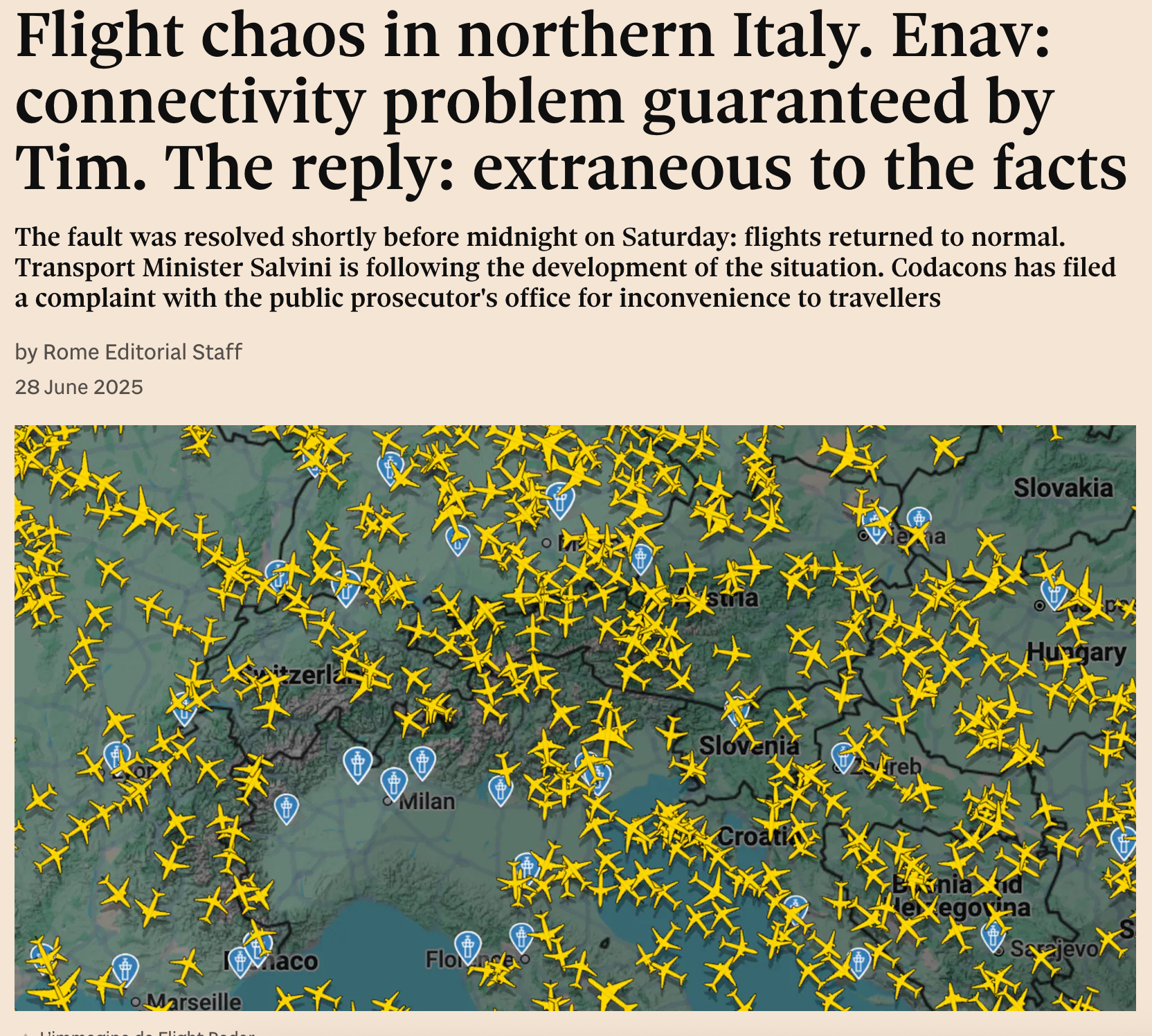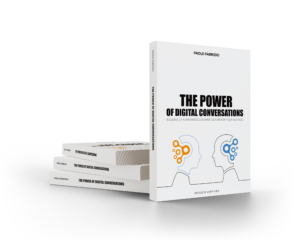Some things may be predictable, others definitely not. However, in both scenarios you’ve got to be ready to take action timely and effectively because today every company is publicly exposed. Therefore any organization may be under customers’ attack in case of a massive disruption affecting a large number of people – at the same time. So, incident or crisis it be, getting equipped with an effective response plan is no longer an option.
From issue to customer’s attack
Picture this: a website access issue, an energy power outage or an IT system disruption. They are all negative situations that immediately affect a vast number of customers. And when something similar occur, they ask themselves: “why can’t I log onto my bank account?” “Why all numbers are wrong” and mostly, “what’s going on and when are they going to fix it?” And when we all – as customers – get emotional, we usually hit two main targets:
- Customer Service in order to report the issue and ask for support via phone, email, live chat, Whatsapp or other digital channels.
- Online public channels (online reviews platforms Google/Trustpilot and social media) to vent our frustration where ‘everybody’ can read it and add their own bad experience.
So, here are major bad consequences on each target:
- Customer Service has to deal with huge conversation peak volumes over all support channels. Such a storm, generates also longer waiting times thus customers become more aggressive. That’s a super stressful situation, hard to deal with even for highly-skilled and seasoned customer support agents. I talk first-hand experience because I used to be one of them many years ago.
- Brand reputation is being questioned with hundreds of public posts or online reviews. And here’s the slippery step: if the brand is not able to respond in a quick and convincing manner, a domino effect is guaranteed with further escalations (radio, TV channels, social media influencers or VIPs adding fuel to the fire).
What are the different impacts?
Customer service damages have a strong impact but short duration (hours, maximum one or two days) whereas brand reputation damages have a strong impact and a longer duration (days, weeks, in some cases even months!). That’s why the latter usually lead to more costs, brand reputation damages, customer churn, lower new business figures.
A recent case example
Just a few days ago, all major airports in North of Italy were unable to operate flights due to a radar connectivity problem. The issue lasted some hours, so that all affected airports and airline companies’ customer services were ‘under attack’ by thousands of stranded, irate customers.

Over to you
Whether it’s an incident or crisis, what’s your plan to mitigate their effects in a timely manner? And how are you going to handle digital conversations with your customers in such situations?
👉 Learn more about my Crisis Response coaching program.
Have great conversations.
.
P.S. Subscribe to the newsletter.
.
Credit image: Unsplash.com







